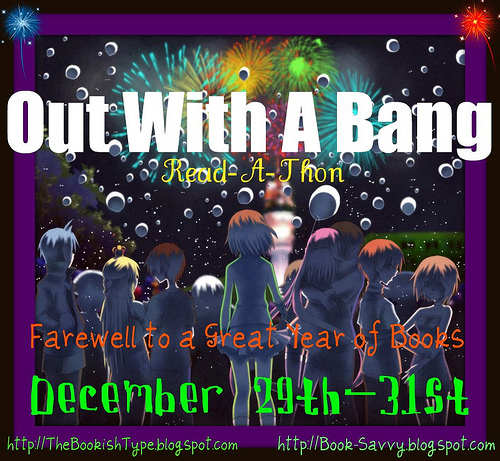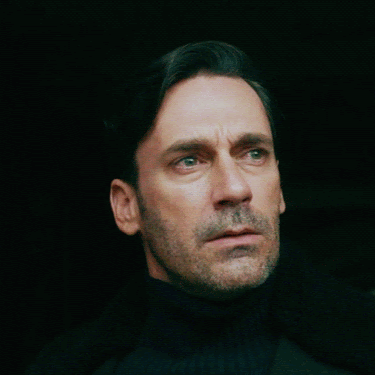Systematic Student:
book
2011 YA of the 80s and 90s Challenge List

Read-A-Thon!

Review: Fallout by Ellen Hopkins

Let's hop again!

Looking for Alaska by John Green

Interview with Marissa Meyer

Memory Monday — The First

Top Picks for 2024 — Contest Craze

Review: Losing Faith by Denise Jaden

Review: Heart of Darkness by Joseph Conrad

Review: Sisters Red by Jackson Pearce

Review: Tenderness by Robert Cormier

Review: Walden by Henry David Thoreau

Review: The Forest of Hands and Teeth by Carrie Ryan

Review: The Replacement by Brenna Yovanoff

Review: Extraordinary by Nancy Werlin

Review: Low Red Moon by Ivy Devlin

Hopping Blogs:

Review: Daughter of Xanadu by Dori Jones Yang

South American Fairy Tales











